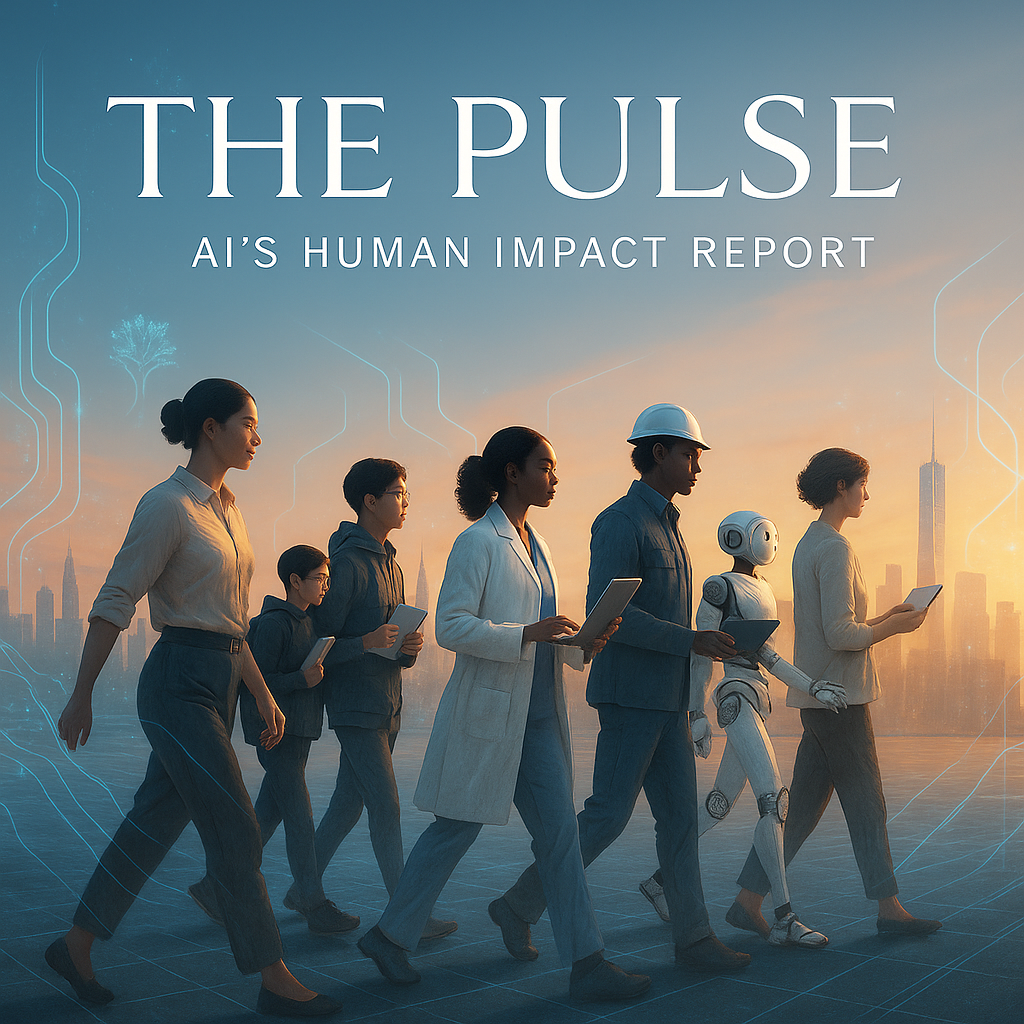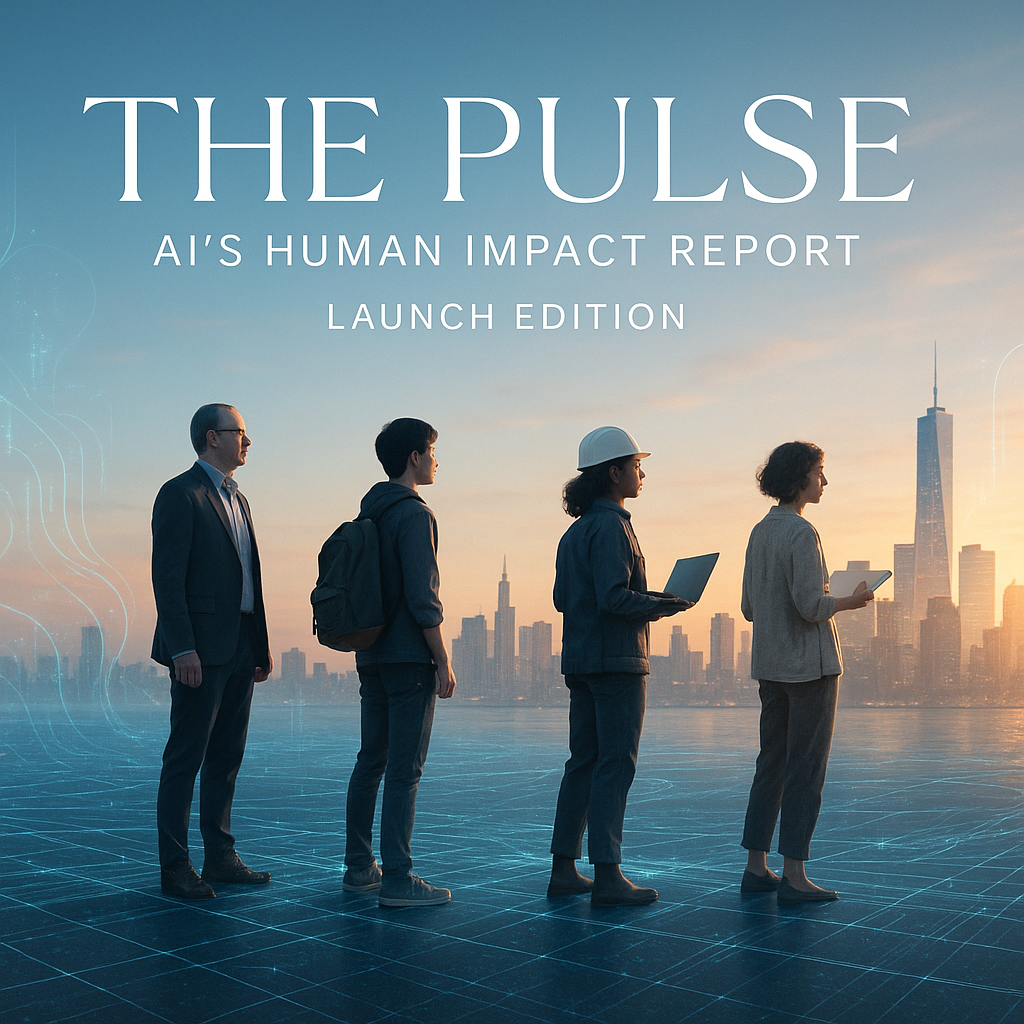
The Acceleration Paradox
Education pivot: High-school STEM programs are shifting emphasis from coding drills to data literacy and critical analysis as AI handles more routine programming — according to Education Week. Source
Global health governance: Regulators and partners from 40+ countries urged a collaborative approach to safe, ethical and equitable AI in health at WHO’s AIRIS 2025 summit in Incheon — according to the World Health Organization. Source
Workload reality: Elite AI teams at top labs and startups are logging 80–100-hour weeks amid intensifying competition — according to The Wall Street Journal. Source
Productivity paradox: “Workslop” — polished, low-value AI output — is spreading, prompting companies to add quality gates and don’t-use-AI-here rules — according to Bloomberg and Harvard Business Review. Bloomberg • HBR
Infrastructure pressure: The energy and water demands of hyperscale AI data centers are spiking community and policy debates, including around facilities like “Stargate” — according to WIRED. Source
- STEM evolution: Data literacy & judgment skills rise over coding drills (Education Week).
- Health AI cooperation: WHO AIRIS 2025 calls for safe, equitable AI in health (WHO).
- 100-hour weeks: Elite AI teams push wartime schedules (WSJ).
- Workslop backlash: Quality gates + “don’t-use-AI” zones (Bloomberg, HBR).
- Data-center debate: Energy & water scrutiny intensifies (WIRED).
Skill reallocation: Managers are retraining teams to evaluate AI outputs (fact-checking, standards alignment) rather than just generate drafts. Critical-thinking and domain judgment are rising in value as content automation expands.
Worker strain: Extreme schedules in top AI teams underscore burnout risk and retention concerns — according to The Wall Street Journal. Source
Workslop response: Enterprises are introducing AI impact audits so outputs must show measurable efficiency or customer value to stay in workflows — according to Bloomberg and HBR. Bloomberg • HBR
At the WHO AIRIS 2025 Summit, delegates urged international cooperation on registries, bias audits, training standards, and human oversight for health-AI — according to WHO. The framing treats AI as part of a human health system, not a bolt-on tool. Source
Fatigue curve: Reports of 80–100-hour weeks in elite AI teams highlight the human costs of acceleration — according to WSJ. Source
AI-free focus: Leaders adopt deep-work windows and don’t-use-AI zones to restore attention and quality — according to HBR. Source
- Data-center siting & sustainability: Energy/water tradeoffs in new regions (WIRED).
- Public-sector AI audits: Follow-through after WHO’s collaboration call (WHO).
- K-12 guidance: District policies as classrooms rebalance STEM toward data literacy (Education Week).
- Occupational health: HR tools for burnout tracking in AI-heavy teams (WSJ).
How fast is too fast? Students must unlearn old curricula as teachers retrain; engineers stretch their limits in the name of progress; governments rush to govern what they barely grasp. Acceleration without assimilation creates disorientation, but adaptation demands reflection. The real measure of AI success may be our ability to slow down just enough to decide what should not be automated.
This week’s question: Can we design progress that respects the human clock?
Thanks for reading The Pulse. For deeper dives, listen to our podcast, “Beyond the Code: AI’s Role in Society.” Want help building critical-use AI into your workflow? Book a consult or subscribe for next week’s human-first edition.
